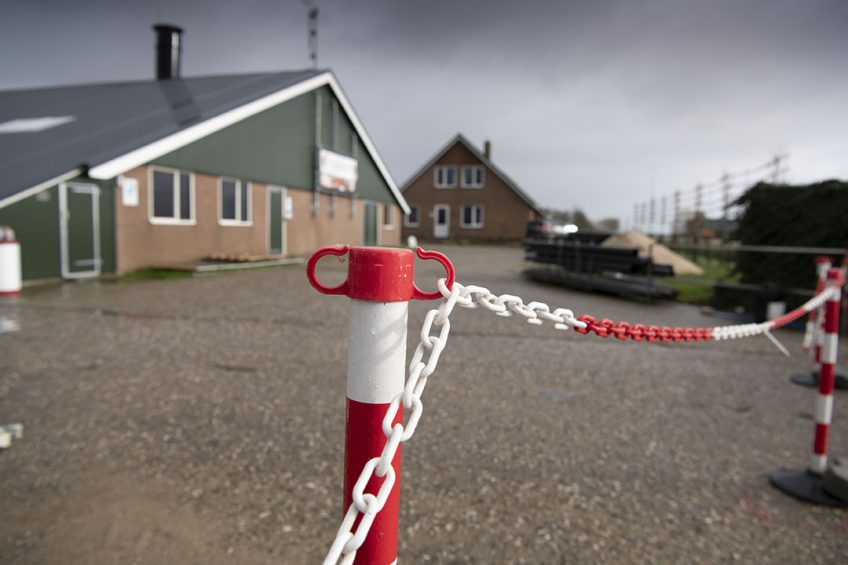H5N8 bird flu moves into North Western Europe

Up to 13,000 broiler breeders have been culled on a farm in Cheshire, England, following the discovery of the H5N8 bird flu strain.
A week earlier a highly pathogenic variant hit a Dutch commercial farm and the virus has been found in multiple dead wild birds.
The UK’s Department for Environment, Food and Rural Affairs (Defra) imposed 3km and 10km temporary control zones around the infected premises near Frodsham, to limit the risk of the disease spreading. Testing to see whether the outbreak is linked to the virus circulating in Europe is ongoing and whether the strain is of the high pathogenic variety.
Last week, the Dutch government announced that a broiler breeder farm near Arnhem had tested positive for H5N8 and that just under 36,000 birds would be culled. Vets have also found the strain in dead wild birds in 4 Dutch provinces, suggesting that it is endemic in the wild bird population.
The announcement came less than 24 hours after a low pathogenic H5N2 strain was confirmed at premises near Deal, Kent, where 480 birds were slaughtered. Defra imposed a 1km Restricted Zone around the infected farm but said there was no link to the Cheshire outbreak. The cases mean that the UK has lost its country free status for avian influenza, which it only regained in June, following the LPAI outbreak in December 2019.
Commenting on the Cheshire case, Christine Middlemiss, UK Chief Veterinary Officer, said: “We are urgently looking for any evidence of disease spread associated with this farm to control and eliminate it.”
 Avian influenza (AI)
Avian influenza (AI)
Find out more about the causes and effects of avian influenza and many other poultry diseases in the Poultry World health tool.
Richard Griffiths, British Poultry Council chief executive, said the industry was working closely with Defra to minimise the risk to the national flock: “2 unrelated cases of avian influenza have been confirmed at different sites in the UK. Immediate action has been taken to limit the risk of spread, including plans to cull the remaining poultry and captive birds at the farm. Bird keepers must remain vigilant and report any signs of the disease, whilst ensuring good biosecurity is practiced onsite.”
Maire Burnett, chair of the UK’s Poultry Health and Welfare Group, chaired a webinar last week to promote awareness of AI and the risk it poses to the domestic wild bird population, which was attended by 500 people. At the session, Daniel Parker, BPC veterinary adviser said “it was better to report it and get advice than harbour and spread it” and cause disruption.
 The Netherlands: trial with lasers for AI prevention
The Netherlands: trial with lasers for AI prevention
Lasers are being trialled on a Dutch free-range poultry farm to see if they can remove the threat of avian influenza contamination from wild birds.
Earlier this autumn, Defra highlighted the potential risk of avian influenza affecting north west Europe after outbreaks in Russia and Kazakhstan in late summer. Farms across North West Europe are on high alert, with the virus spreading, especially in the wild bird population.













